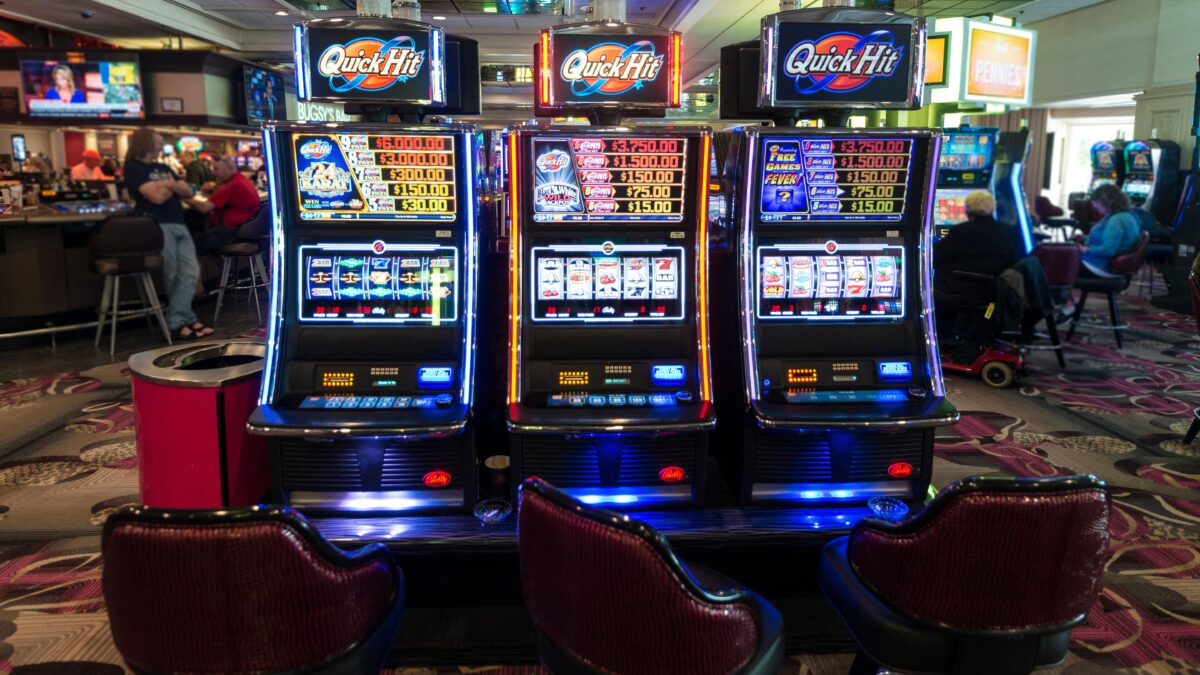Maine iGaming Hopes Dead for 2024
An iGaming bill had momentum earlier this session, but has been killed by the House

A bill to legalize online casino gaming in Maine is now dead.
LD 1777, which was first introduced in the state in 2023, met its ends in the Maine House of Representatives last week after it failed to gain the necessary votes on reconsideration.
The bill, sponsored by Rep. Laura D. Supica (D-22), attempted to legalize iGaming exclusively for the Wabanaki Nations.
Bill Included Expanded Gaming Rights for Tribes
The bill would have allowed the Wabanaki Nations to expand their gaming rights and partner with iGaming operators to offer online poker, slots, and blackjack to customers in the Pine Tree State.
The bill would have taxed iGaming at at 16% rate of adjusted gross revenue. A fiscal estimate showed the new form of gaming would have generated an addition $3.84 million in tax revenues for Fiscal Year 2025-2026 and $4.64 million the next fiscal year. This assumed that four tribal licenses, 20 supplier license, four management service entity licenses, 25 one-year occupational licenses, and 25 three-year occupational licenses would have been issued.
The bill initially failed in the Senate earlier this month, but was brought up for reconsideration by the Senate again. The bill was revised to include a provision to put its final fate to Maine voters in the November general election. It passed this time, by a 19 to 13 vote on April 16, and headed to the House.
Despite being approved by the Senate, the House rejected the bill by a 70 to 75 vote, officially putting an end to any iGaming hopes in the state for this year.
Powerful Opponents May Have Sealed iGaming’s Fate
The proposed legislation had several opponents, including Maine Gambling Control Board Chairman Steve Silver. The chairman wrote an op-ed against the iGaming bill for the Portland Press Herald on April 15.
He described iGaming as a “highly addictive product” that would harm young Maine citizens.
“This harmful product is internet gaming, or ‘Gaming.’ As chair of the Maine Gambling Control Board, I cannot sit idly by while the Legislature considers passing L.D. 1777, an ill-conceived bill that purports to ‘create economic opportunity for Wabanaki Nations’ while paying little care to the destruction that putting 24/7 casinos in everyone’s pockets will bring,” he wrote.
He noted a study commissioned by the Maryland Lottery and Gaming Control Agency that found legalizing iGaming would severely affect state casino, causing an estimated 10% decrease in land-based casino revenue.

Robert Linnehan
Covering regulatory developments in online gambling. Editing/writing/creating a newsletter for readers across all formats.





